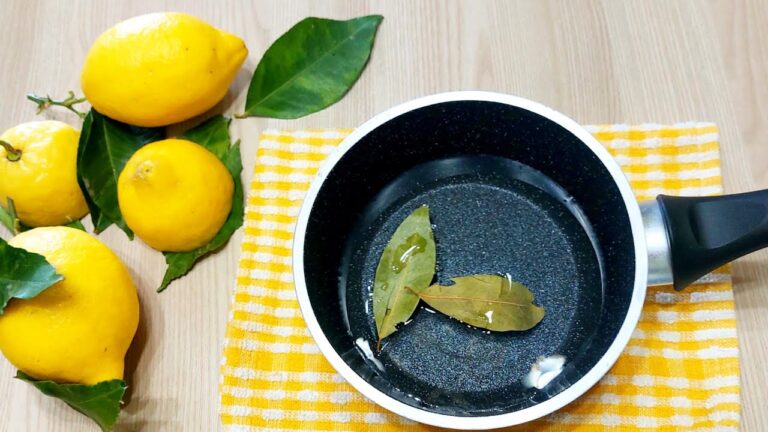Chickpeas are a versatile, nutrient-packed legume that can be transformed into a delicious, hearty meal – often just as satisfying as meat! If you’re looking for a healthy, plant-based recipe with plenty of protein and flavor, this chickpeas dish might just become your new favorite. Here’s a simple recipe that’s so tasty, you’ll wonder why you didn’t try it sooner!
Why Chickpeas Are Better Than Meat
- Packed with Protein: Chickpeas are rich in plant-based protein, making them a great alternative to meat.
- High in Fiber: Chickpeas are filled with fiber, which supports digestion and keeps you feeling full.
- Rich in Essential Nutrients: Chickpeas contain iron, magnesium, potassium, and B vitamins that are essential for overall health.
- Low in Saturated Fat: Unlike many meats, chickpeas are low in unhealthy fats, supporting heart health.
Delicious Chickpeas Recipe (Better Than Meat!)
Ingredients
- 1 can (or 1.5 cups) cooked chickpeas, drained and rinsed
- 1 small onion, finely chopped
- 1 red bell pepper, chopped
- 2 garlic cloves, minced
- 1 tbsp olive oil
- 1 tsp smoked paprika
- 1 tsp cumin
- 1/2 tsp chili powder (optional, for a little kick)
- Salt and pepper to taste
- Fresh parsley or cilantro for garnish
- A squeeze of lemon juice for extra flavor
Instructions
- Sauté the Vegetables: Heat olive oil in a pan over medium heat. Add the chopped onion, red bell pepper, and garlic. Sauté for about 3-5 minutes until they’re softened and fragrant.
- Add the Chickpeas and Spices: Add the chickpeas to the pan and sprinkle in smoked paprika, cumin, chili powder, salt, and pepper. Stir everything together, allowing the chickpeas to absorb the flavors. Cook for about 5-7 minutes until the chickpeas are slightly crispy.
- Add a Squeeze of Lemon: For a burst of freshness, squeeze some lemon juice over the chickpeas and stir well.
- Serve and Garnish: Garnish with fresh parsley or cilantro and serve warm. This dish is perfect on its own, in a wrap, or over rice for a satisfying meal.
Tips for Enjoying This Chickpeas Recipe
- Serve it in Wraps or Tacos: Use this chickpeas mix as a filling for wraps or tacos, adding avocado, lettuce, and a dollop of yogurt or tahini sauce.
- Pair with Grains: Serve over quinoa, brown rice, or couscous for a protein-packed meal.
- Add Veggies: Mix in extra veggies like spinach or kale for even more nutrients.
Give this chickpeas recipe a try, and you’ll see why it’s better than meat! Not only is it delicious and healthy, but it’s also a sustainable choice that’s easy on your wallet.









